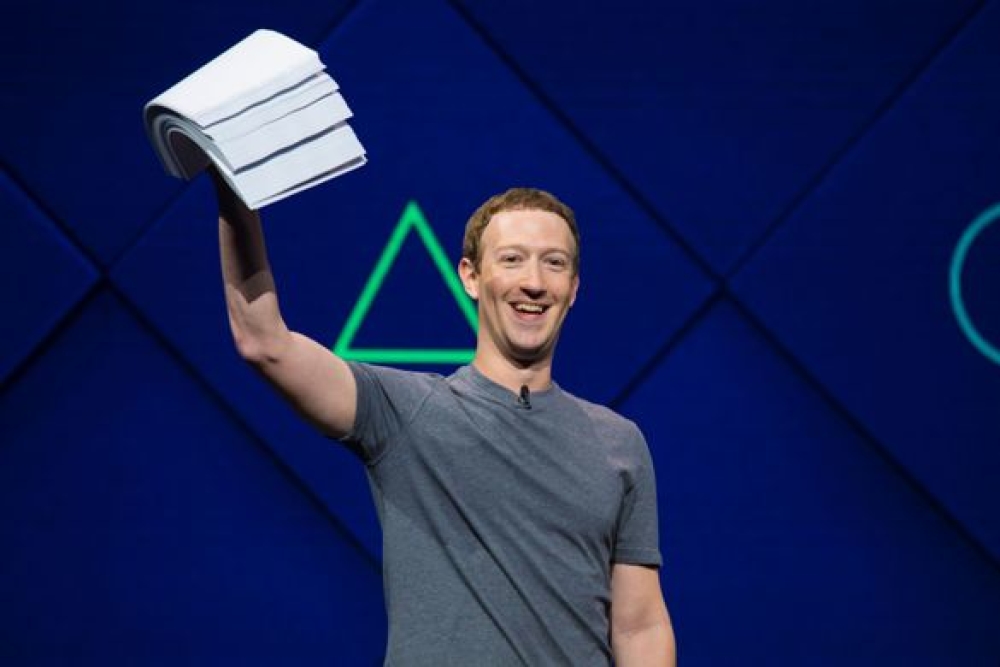Zuckerberg's pivot to privacy: are they finally cottoning on?
01 May 2019

Have they finally got it?
Has HE finally got it?
It’s a little over a year since the Facebook/Cambridge Analytical scandal broke. In the immediate aftermath, Facebook battened down the hatches and refused to issue comment. The responses that eventually did come were gained at the behest of parliamentary committee summonings from countries around the globe.
Facebook founder Mark Zuckerberg himself made precious few appearances, preferring to send a raft of messengers with senior titles all with a brief to appear as helpful as possible while saying nothing much at all.
It was quite something, then, to hear the speech that Zuckerberg gave yesterday about the future of his platforms' (namely Facebook, Instagram and WhatsApp) attitudes toward privacy and trust.
In plain English, Zuckerberg said he realised how much needed to be done to rebuild trust. "The future is private," he proclaimed.
He announced some initial token proof puddings, such as making Facebook messages end-to-end encrypted and allowing users to send messages that can really be deleted forever.
This will no doubt be music to the ears of many who hold reservations about the current set up, where Facebook and its some of its other platforms can read messages and store the data as they please. It’s a good move and a first step toward winning back customer trust.
Yet, this begs the question: how on earth did it take a whole year for Zuckerberg and Facebook to realise the importance of customer privacy and building trust?
While the DMA has done a plethora of research showing that privacy, trust and transparency is the most important issue of the day, a brief survey of the facts would allow small children or animals to reach this conclusion.
The answer to why they have been so slow to realise this may lie in Zuckerberg’s past. Since Facebook’s founding, he has often discussed what he sees as a public trend toward willful and uninhibited sharing information and the lessening of desire for personal privacy. While perhaps it was just the maverick predictions of a man with little day-to-day grounding in the real world, it was ultimately a fairly dystopian vision of the future, where ‘privacy was no longer a social norm’, as he claimed in 2010.
Fast forward to today, and this fairly monumental pivot towards greater trust and privacy sees Zuckerberg’s vision not only shot down stone-cold dead, but being proved wholly antithetical to what the future of society's attitudes to sharing data and use of social media looks like.
Perhaps this is why he has been so sluggish in response to the number of incidents that have occurred in the past year.
Then again, Zuckerberg is more savvy than most and always knew that the maximum success of his platform is reliant on trust. He probably thought previously that trust was a given in his view of society where sharing data was a norm. Yet it turns out trust is now contingent on privacy.
While we know that many people (myself included) don’t trust Facebook, we know many of those people (yes, myself included) still use it.
But to see the most people possible using his platforms; to capture as much data as possible, he needs to do whatever it will take for consumers to trust him.
The question remains: do you?

Please login to comment.
Comments